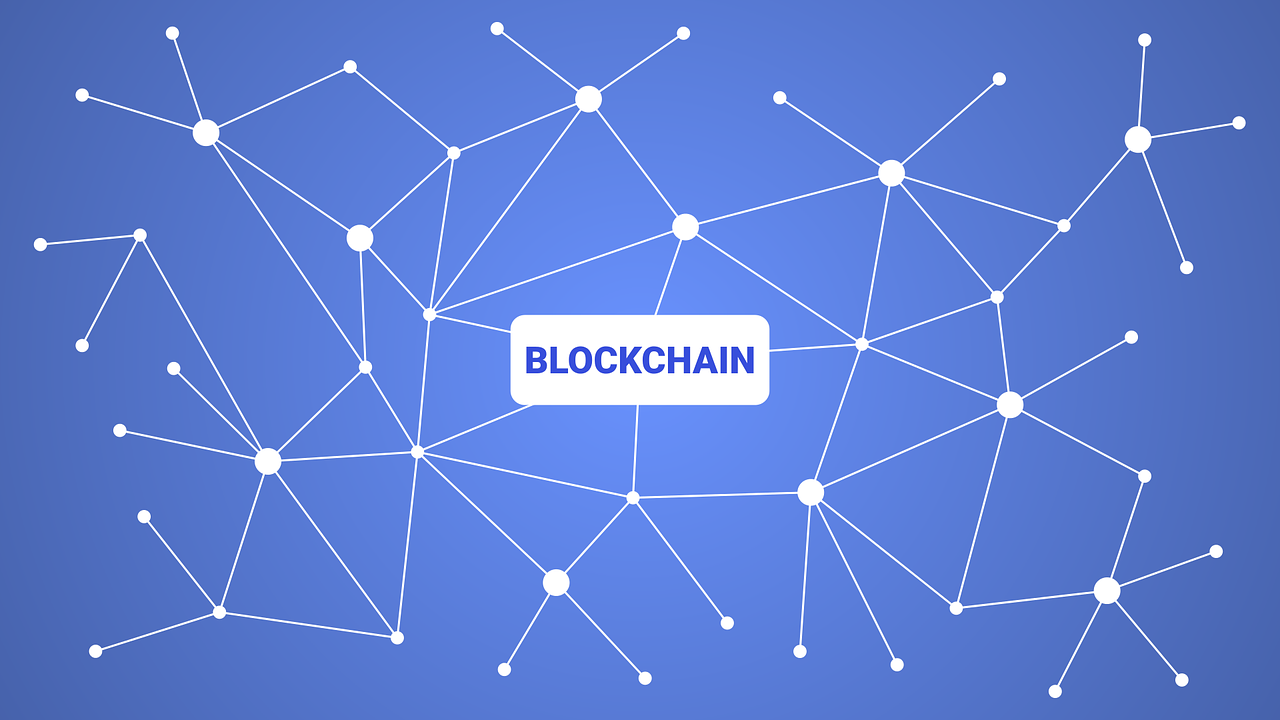It’s no secret that blockchain is considered to be one of the most trusted tech innovations existing today. Despite being comparatively young, the technology based on the mathematical concept already proves its applicability to any industry, and especially to businesses and organizations dealing with data that require a high level of protection and security. Demonstrating its power in various areas, blockchain literally stormes the healthcare sector, rapidly changing its face. And despite its fullest potential is to be seen in the future, the end of 2019 already shows its highly promising nature.
The same as it is the financial sector where blockchain was first applied, healthcare organizations need trustful solutions: those capable of providing a high level of security and protection. As the health record data often becomes the target of attacks, its protection has significant importance for organizations dealing with it. And here is where blockchain helps, securing records and allowing to eliminate the need in finding and relying on intermediaries. In other words, blockchain allows directly and securely sharing and accessing health records between doctors and their patients.
So how exactly does blockchain improve patient-doctor relations?
Blockchain and Personal Data
The interoperability and sharing of medical information always remain burning issues in healthcare. “And although the advent of electronic health records (EHR) in some way made these issues less painful, the problem did not disappear. The main reason for this is that centralized IT systems where EHRs are stored do not provide an opportunity for easy and secure sharing, requiring a lot of time to be spent on requesting, sending, receiving, and compiling records.” – says Alexey Shliakhouski, Elinext’s expert in healthcare software development sector. So how blockchain helps to solve these issues?
In terms of better security and protection of EHRs, blockchain provides the ability to:
- identify the patient who’s the subject of EHR;
- identify the person who requests access to EHR;
- keeping records about accounts that have/had access to EHR;
- establishing the authenticity of EHRs;
- controlling and auditing how the accessed EHRs are used;
- making fast and secure payments for services.
Benefits Blockchain Brings to Healthcare Providers and Patients
Because blockchain contributes to better, more efficient and convenient access to and management of EHRs, its implementation will result in significant benefits for both patients and their healthcare providers. Here are some examples of what we could expect:
- It will be much easier for physicians to make changes to patients’ charts as they will not be linked to some particular locations. This means that blockchain will work great for both telemedicine and in-person visits, allowing healthcare workers to easily access, share, and manage information on x-rays, prescriptions, blood test results, and so on.
- Patients will no longer have to depend on costly hospital infrastructure, as blockchain will open up space for information and payment management from any location. So whether a patient is at home or in a care center, it will be easier for healthcare workers to organize their visits in the most convenient for both parties way.
- Blockchain will also require health plans to adapt to this changing environment, meaning that they will become more directly accountable to both patients and physicians.
- Thanks to the blockchain’s ability to track contributions made by each member, the process of paying for services will become more transparent, significantly reducing fraud cases.
- The implementation of blockchain will allow achieving a more patient-centered approach, as it will give more power of keeping, sharing, and accessing personal health records to patients, allowing to eliminate situations where a hospital is considered as the only root of trust.
- These would be patients who will be in charge of sharing the decryption key for their own associated blocks of data with anyone they want and need to. This will open broader access to alternative healthcare options, allowing patients to decide on the most appropriate healthcare plan, treatment, etc.
- Patients will also be able to benefit from more detailed and intimate EHRs that would probably offer information on important family data.
- Longitudinal patient records blockchain offers will also contribute to better medical researchers by providing a more accurate and complete information.
The Outcome
The importance of trust in relations between patients and their healthcare providers can not be underestimated: according to a report by David Thom and his colleagues, 62% of patients showing the greatest level of trust to their physicians stated that they always took prescribed medication and followed their doctor’s recommendation, while the percentage of patients who do the same with the lack of trust is more than 4 times lower — 14%. This means that relationships between a patient and their physician have a great influence on health outcomes. And here is where one of the most notable advantages offered by blockchain in healthcare lies: the technology’s consumer-centricity and security features allow significantly improve such relations.

